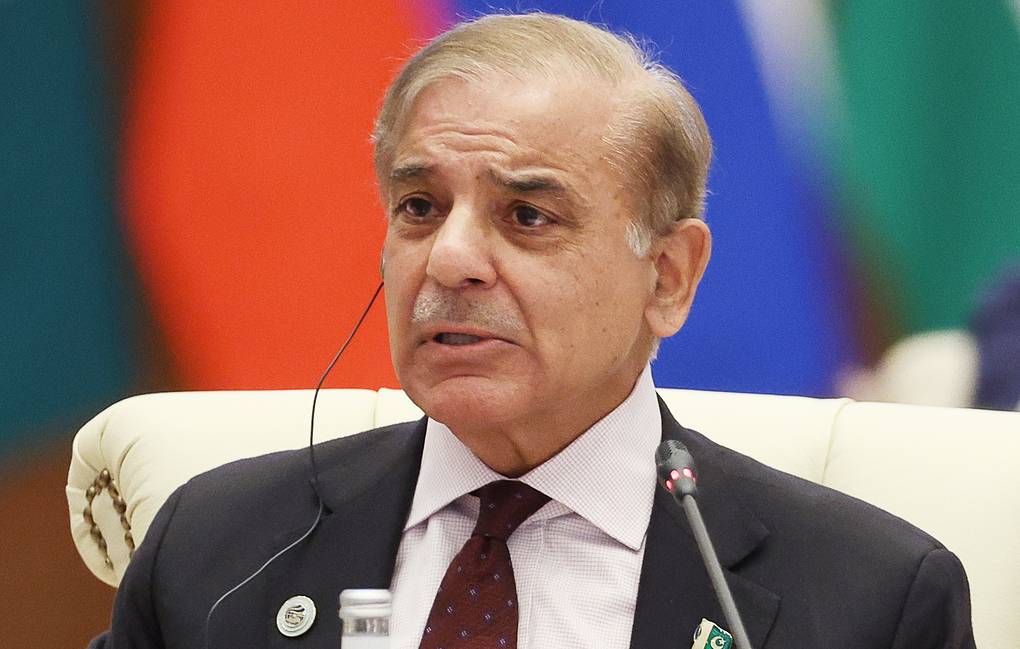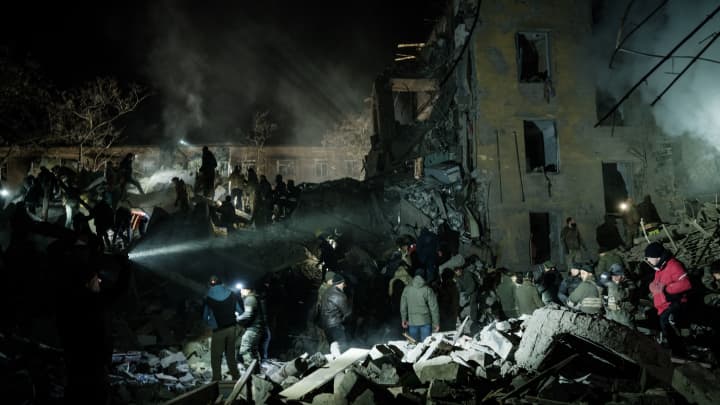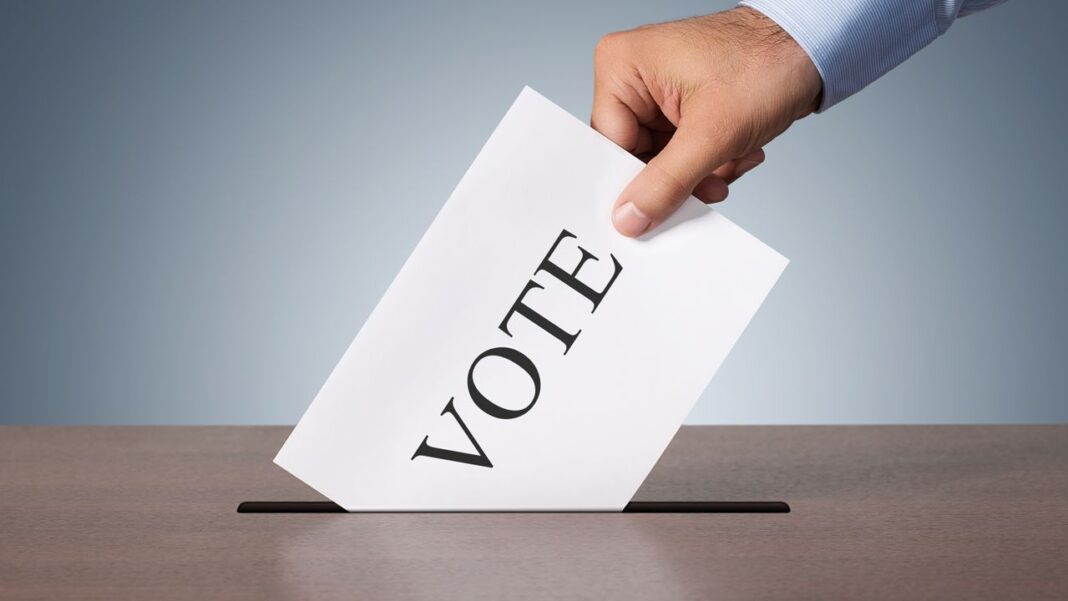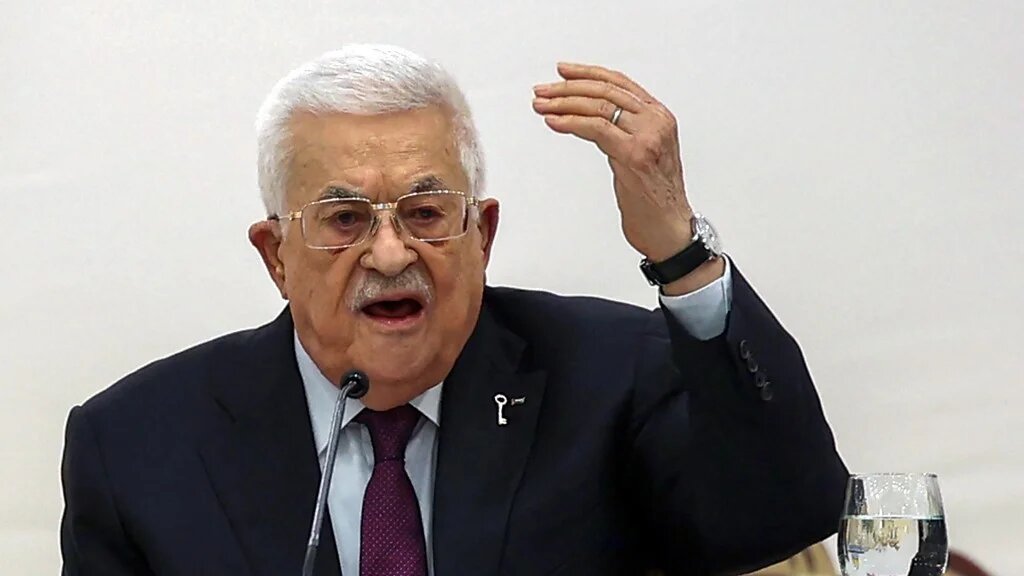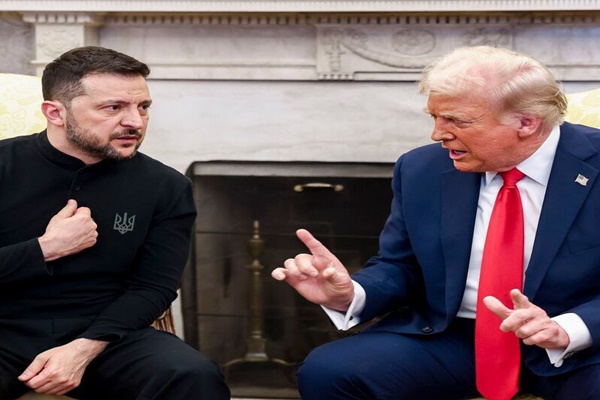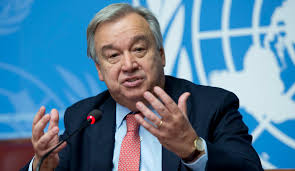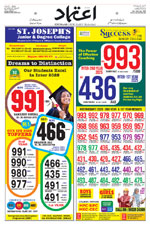Who will be India's next President?
Mon 27 Feb 2017, 10:52:59
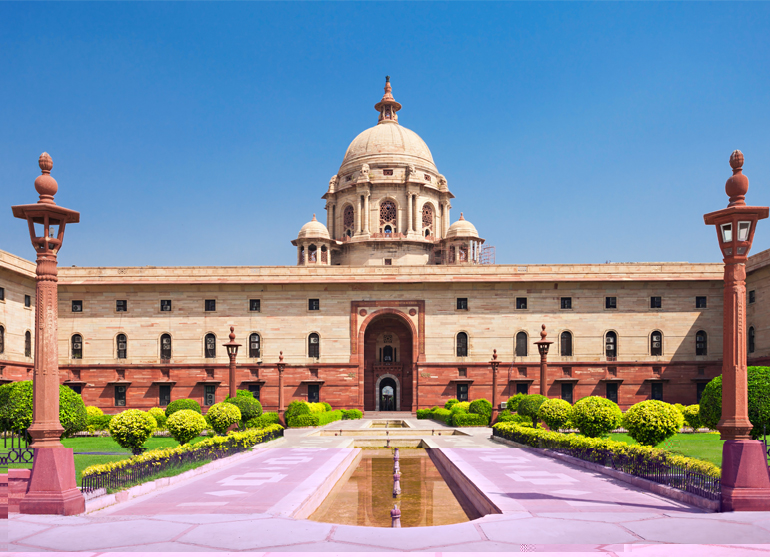
role in the Ayodhya movement and was arrested after the Babri mosque was razed in December 1992.
He was also jailed for 19 months when Indira Gandhi clamped Emergency rule in June 1975.
Sushma Swaraj, 65, is also being considered for the top post for more than one reason.
Not only has she emerged as 'a good minister' in the Modi government, her elevation will also help the RSS shrug away charges that it is anti-women.
Sushma Swaraj is also known to enjoy good relations with leaders of many political parties, something that will help the BJP to cobble the numbers needed to elect a new President.
But her health remains a matter of concern. But some sources say this could well be the reason why she may be suitable for the job because she will, as one source said, 'get some well-deserved rest'.
Another probable is Sumitra Mahajan, 74 and an eight-time MP from Indore, whom Modi picked as the Speaker. She also has good equations with the RSS.
Jharkhand Governor Murmu, 59, may emerge as a surprise pick too.
A tribal woman from Odisha, she has had an impressive political and social career spanning almost two decades. No tribal has been elected the President.
Murmu's political career started in 1997 when she was elected as a councillor and then to the Odisha assembly, which once hailed her as the best MLA of the year.
rgb(46, 46, 46); font-family: fnt_en, Arial, sans-serif; font-size: 16px; background-color: rgb(255, 255, 255);">
Murmu has actively pursued social causes and played a pivotal role in community uplift in Odisha.
The electoral college which elects the President is made up of 4,896 legislators -- 776 Lok Sabha and Rajya Sabha members and 4,120 MLAs.
All MPs have an equal vote value of 708 while that of MLAs depends on the population of the state.
Of the 1.098 million votes in the electoral college now, the majority would be 549,001.
The BJP has 282 Lok Sabha and 56 Rajya Sabha members as well as 1,126 MLAs across the country. Although it rules 10 states on its own, it is out of power in populous states like Uttar Pradesh, Bihar and West Bengal.
The BJP-led National Democratic Alliance would require around 75,000 more votes than it now has to ensure that its nominee wins the presidential poste.
In 2012, Congress-backed UPA nominee Pranab Mukherjee defeated BJP nominee P.A. Sangma by around 40 per cent votes.
In 2002, when Vajpayee was the Prime Minister, the BJP supported A.P.J. Abdul Kalam as a consensus candidate as it did not have enough numbers in the electoral college to prop up someone of its choice.
After Abdul Kalam, Pratibha Patil of the Congress occupied Rashtrapati Bhavan as India's first woman President. Then came Mukherjee.
He was also jailed for 19 months when Indira Gandhi clamped Emergency rule in June 1975.
Sushma Swaraj, 65, is also being considered for the top post for more than one reason.
Not only has she emerged as 'a good minister' in the Modi government, her elevation will also help the RSS shrug away charges that it is anti-women.
Sushma Swaraj is also known to enjoy good relations with leaders of many political parties, something that will help the BJP to cobble the numbers needed to elect a new President.
But her health remains a matter of concern. But some sources say this could well be the reason why she may be suitable for the job because she will, as one source said, 'get some well-deserved rest'.
Another probable is Sumitra Mahajan, 74 and an eight-time MP from Indore, whom Modi picked as the Speaker. She also has good equations with the RSS.
Jharkhand Governor Murmu, 59, may emerge as a surprise pick too.
A tribal woman from Odisha, she has had an impressive political and social career spanning almost two decades. No tribal has been elected the President.
Murmu's political career started in 1997 when she was elected as a councillor and then to the Odisha assembly, which once hailed her as the best MLA of the year.
rgb(46, 46, 46); font-family: fnt_en, Arial, sans-serif; font-size: 16px; background-color: rgb(255, 255, 255);">
Murmu has actively pursued social causes and played a pivotal role in community uplift in Odisha.
The electoral college which elects the President is made up of 4,896 legislators -- 776 Lok Sabha and Rajya Sabha members and 4,120 MLAs.
All MPs have an equal vote value of 708 while that of MLAs depends on the population of the state.
Of the 1.098 million votes in the electoral college now, the majority would be 549,001.
The BJP has 282 Lok Sabha and 56 Rajya Sabha members as well as 1,126 MLAs across the country. Although it rules 10 states on its own, it is out of power in populous states like Uttar Pradesh, Bihar and West Bengal.
The BJP-led National Democratic Alliance would require around 75,000 more votes than it now has to ensure that its nominee wins the presidential poste.
In 2012, Congress-backed UPA nominee Pranab Mukherjee defeated BJP nominee P.A. Sangma by around 40 per cent votes.
In 2002, when Vajpayee was the Prime Minister, the BJP supported A.P.J. Abdul Kalam as a consensus candidate as it did not have enough numbers in the electoral college to prop up someone of its choice.
After Abdul Kalam, Pratibha Patil of the Congress occupied Rashtrapati Bhavan as India's first woman President. Then came Mukherjee.
No Comments For This Post, Be first to write a Comment.
Most viewed from National
Most viewed from World
AIMIM News
Latest Urdu News
Most Viewed
May 26, 2020
Do you think Canada-India relations will improve under New PM Mark Carney?
Latest Videos View All
Like Us
Home
About Us
Advertise With Us
All Polls
Epaper Archives
Privacy Policy
Contact Us
Download Etemaad App
© 2025 Etemaad Daily News, All Rights Reserved.

.jpg)
.jpg)
.jpg)
.jpg)
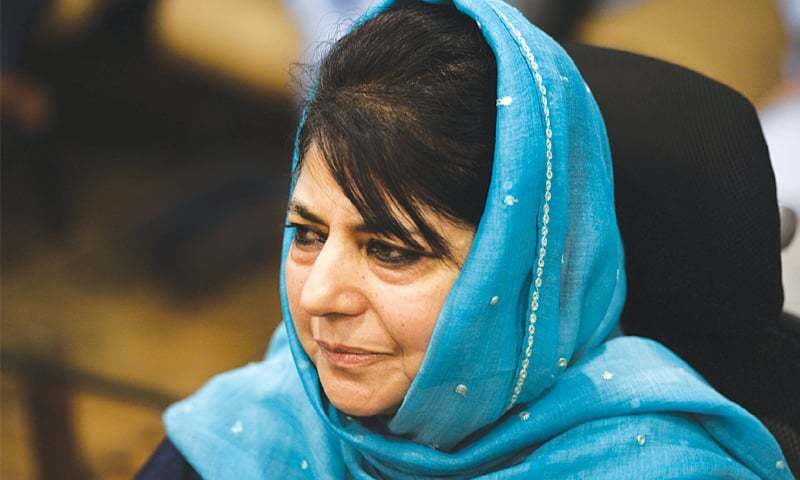

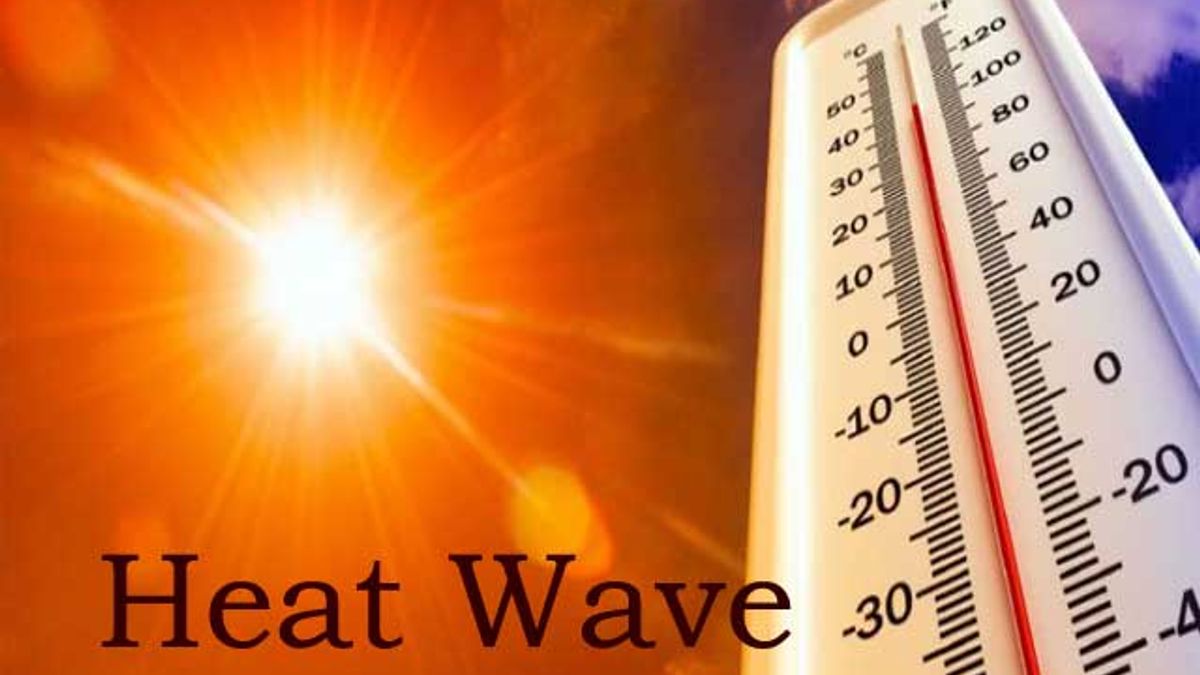
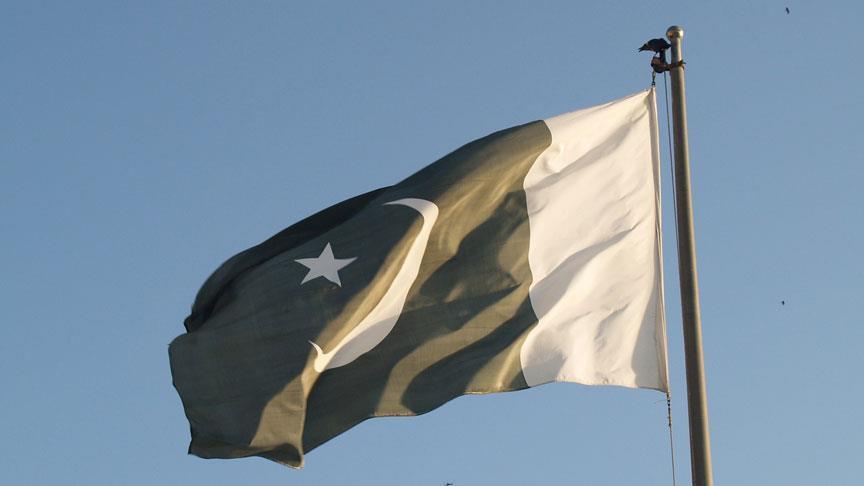
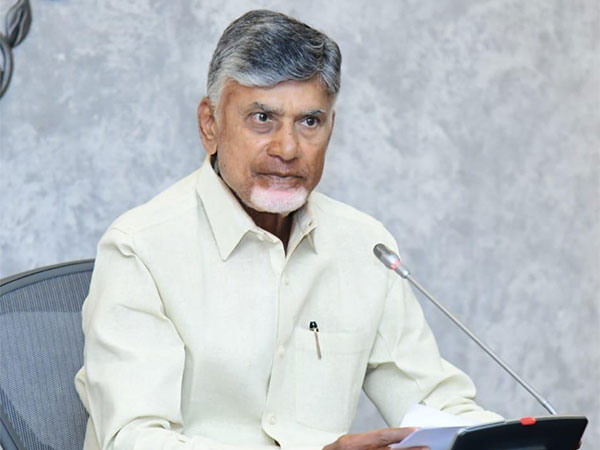
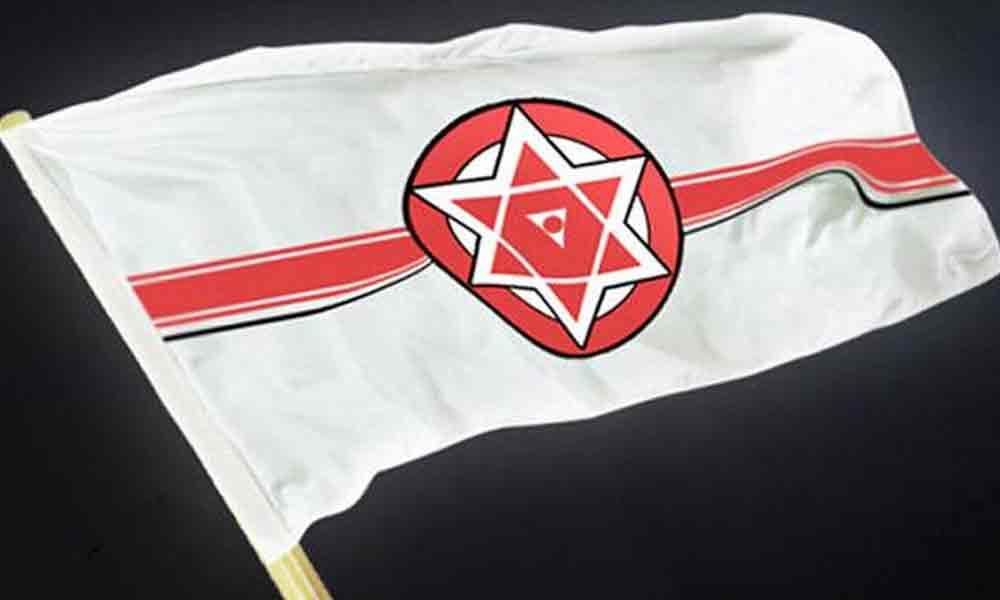
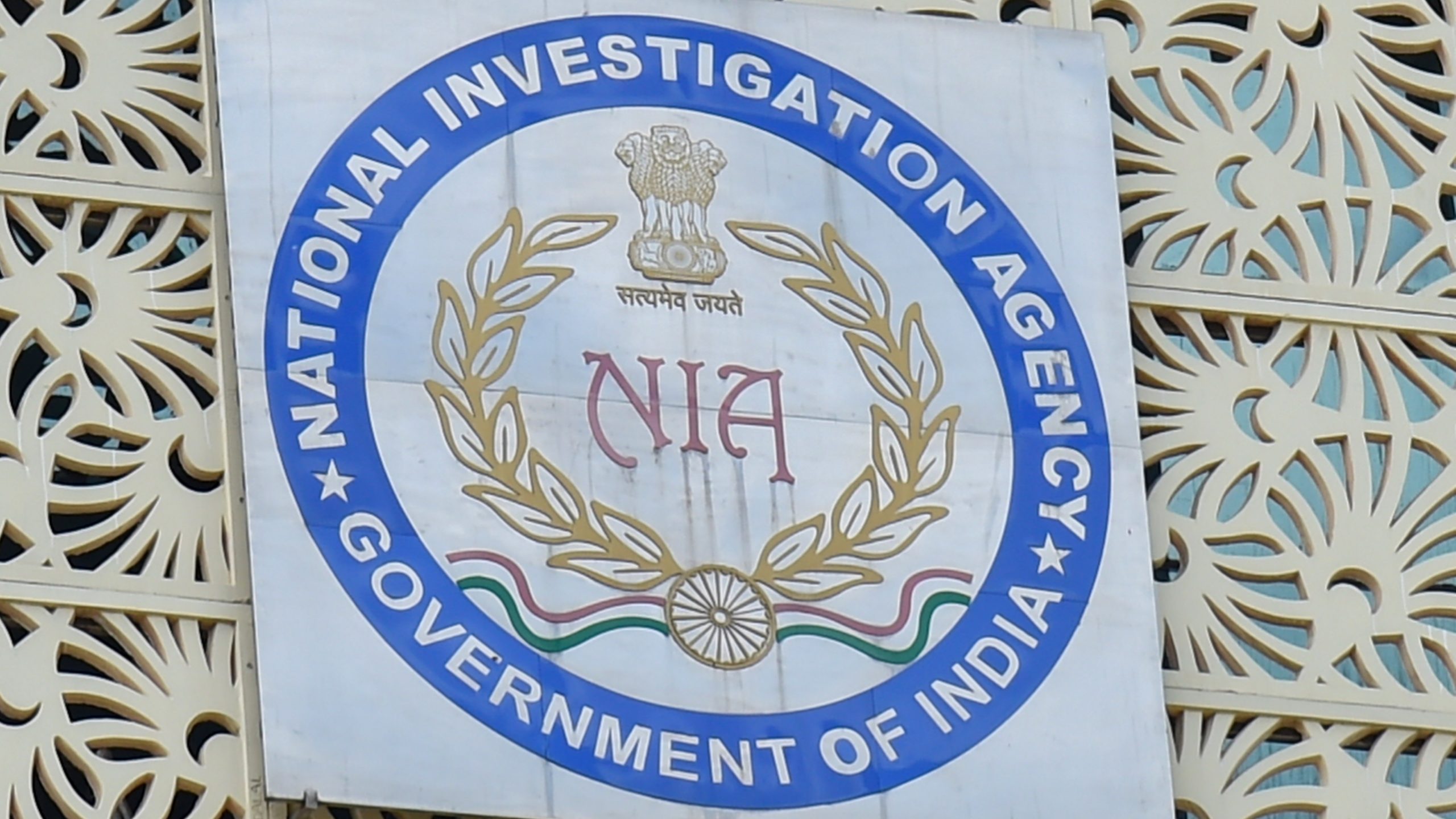
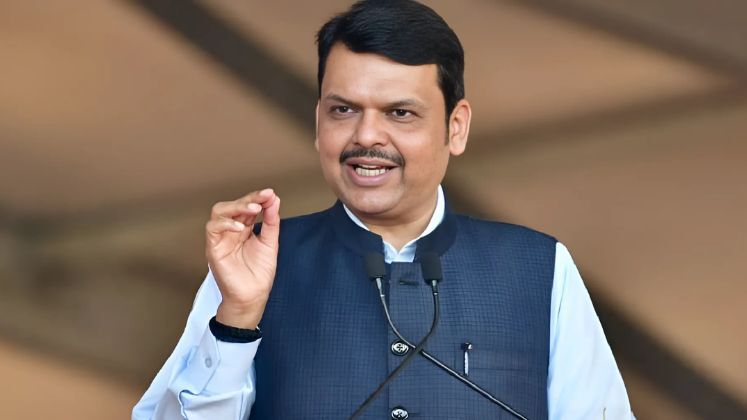
.jpg)
.jpg)
.jpg)
.jpg)
.jpg)
.jpg)
